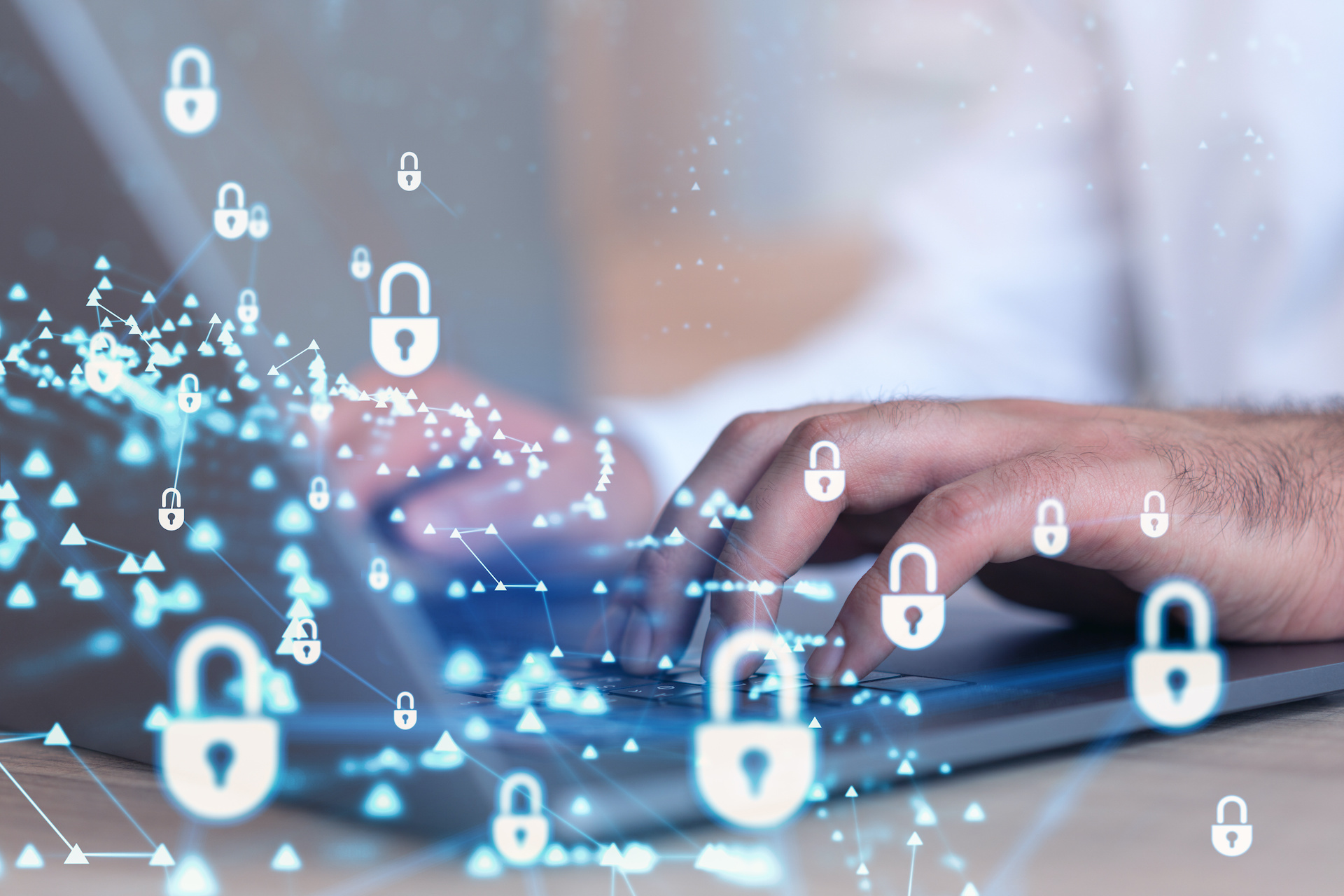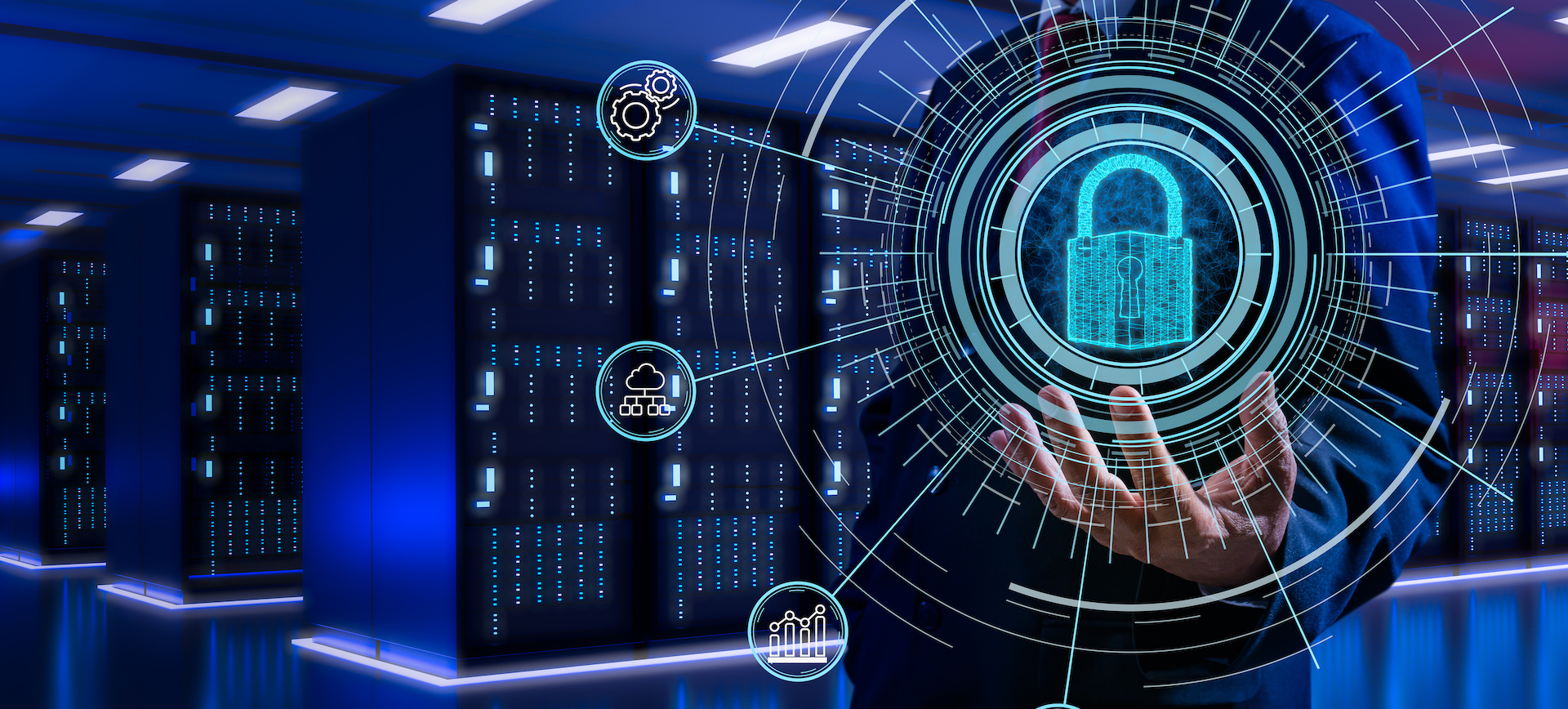Cybersecurity threats pose a serious risk to businesses in South Florida. In 2023, these threats are expected to be more advanced and sophisticated. Business owners need to understand the various cyber threats that could affect their operations and know how to mitigate them effectively. This article will discuss the top cybersecurity threats facing South Florida businesses in 2023 and provide recommendations on measures they can take to reduce their exposure.
The rapid development of technology has made it easier for attackers to exploit network vulnerabilities. There is an increased demand from malicious actors such as hackers and organized crime groups who seek to gain access to confidential information or disrupt services via digital means. As a result, companies must stay ahead of the latest trends and develop comprehensive strategies for protecting their data against potential intrusions.
In addition, several other risks related to human error need consideration when evaluating the threat landscape. For example, employees may fail to follow security protocols or accidentally share sensitive information with unauthorized individuals; this increases the chances of a breach, which can have devastating consequences for any organization. Businesses should have robust policies that outline acceptable use practices and appropriately address employee negligence.
Overview Of Cybersecurity Threats In 2023
As the digital world continues to expand, so do cybersecurity threats. South Florida businesses are particularly vulnerable due to their large population and increased tourism industry. Cybersecurity threats in 2023 for these businesses include ransomware attacks, phishing scams, and malware attacks.
Ransomware is malicious software designed to block access to data or systems until a ransom is paid. This attack has increased since 2019, with hackers targeting small to medium-sized companies often lacking proper security measures. Phishing scams involve emails from cybercriminals that appear legitimate but contain malicious links or attachments that can lead to stolen data or compromised accounts if opened. Malware attacks also occur when malicious code infiltrates a computer system without authorization, allowing attackers to gain control over computers and confidential information. These attacks have become increasingly sophisticated as cyber criminals use advanced techniques such as artificial intelligence (AI) and machine learning (ML). As a result, organizations in South Florida need to be aware of current trends to protect themselves against these threats adequately.
Ransomware: A Growing Risk For Businesses
As cyber threats become more sophisticated, businesses in South Florida are beginning to face a growing risk from ransomware. Ransomware is malicious software that holds data or systems hostage until the user pays a ransom. This attack can quickly cripple an organization’s operations and cause significant financial loss. Understanding how ransomware works and what organizations can do to protect themselves is critical for any business in South Florida in 2023.
Ransomware attacks typically involve social engineering tactics such as phishing emails or exploiting unpatched vulnerabilities on networks or applications. These attacks often operate with insider threats, zero-day exploits, or even brute force attacks, where hackers use automated tools to guess passwords repeatedly until they gain access to a system. Once inside the network, attackers encrypt valuable data and demand payment for unlocking the files. In some cases, the attacker may threaten further damage if their demands are unmet within a specific timeframe.
For businesses in South Florida looking to reduce their chances of falling victim to this kind of attack, there are several steps they can take:
- Developing robust cybersecurity policies and procedures
- Implementing strong authentication protocols
- Keeping all devices up-to-date with the latest security patches
- Educating employees about cybersecurity best practices
By taking these precautions, companies can ensure their data remains safe from malicious actors seeking to exploit them through ransomware attacks.
Phishing Scams And Social Engineering Attacks
Phishing scams and social engineering attacks are two of the most prominent cybersecurity threats facing South Florida businesses in 2023. They involve cybercriminals sending emails to unsuspecting victims that appear to be from a legitimate source, such as a bank or government agency, to obtain sensitive information like passwords or credit card numbers. Cybercriminals often use phishing to access an organization’s network and commit fraud or theft. Social engineering attacks involve gaining access to confidential data by manipulating victims into divulging personal details through maliciously crafted emails or phone calls. These cyberattacks can have severe consequences for organizations if not detected and addressed quickly. Organizations must ensure their systems are secure, regularly train employees on online security best practices, and implement strategies for detecting and responding to potential cyber threats before they become significant issues.
The Dangers Of Malware Attacks
Malware attacks will be a significant threat to South Florida businesses in 2023. Malware, short for malicious software, is defined as any computer program that could be detrimental to the network or stored data. Attackers can use it to gain access to confidential information and disrupt operations. Examples of malware include viruses, worms, spyware, Trojans, and ransomware.
The consequences of malware attacks can vary depending on the type of attack and its severity; however, common risks include system downtime, financial losses due to theft or corruption of data, reputational damage, and legal liability. Businesses should protect themselves from such threats through preventive measures like antivirus solutions and employee training on cybersecurity best practices. Additionally, they need incident response plans to react quickly if a breach occurs.
Insider Threats To Consider
While malware attacks will severely threaten South Florida businesses in 2023, the risks posed by malicious insiders should not be ignored. Insider threats come from current or former employees, contractors, and third-party vendors who access an organization’s internal networks and systems. Such threats can range from careless mistakes that compromise data security to intentional sabotage.
The following list outlines four potential insider threats facing organizations in South Florida:
- Unintentional misuse – Employees may unintentionally click on malicious links or download malicious files due to a lack of awareness about cyber security protocols.
- Malicious intent – Current and former employees with privileged access may attempt to steal confidential data for financial gain or other reasons.
- Human error – Staff members could mistakenly share sensitive information with unauthorized personnel through email attachments or verbal communication.
- Insufficient IT controls – Organizations may lack sufficient policies and procedures related to user account management and access control, making it easier for malicious actors to exploit system vulnerabilities.
Insider threats must be taken seriously since they can cause significant damage if left unchecked. Companies must develop robust strategies around user education, monitoring tools, incident response plans, and risk assessment processes to protect their businesses against such risks.
Understanding Zero-Day Exploits
Zero-day exploits are a primary cyber security concern. They refer to vulnerabilities in computer systems, applications, or software that the manufacturer or vendor has not yet detected. Thus, they can be exploited by attackers before they can be patched. Zero days also affect mobile devices through mobile apps and desktop computers. In addition, zero-day attacks often leverage existing malware, such as Trojans and other malicious code, to access a system. As these threats remain primarily undetected, it is difficult for businesses to defend against them effectively.
One way to reduce risk from zero-day exploits is to use application allow listing technology that only allows approved programs and applications to run on the company’s IT infrastructure. Additionally, organizations should regularly patch their systems with the latest security updates vendors release. However, this may still leave some unknown vulnerabilities open for attack if not done in time.
Organizations should additionally consider implementing multi-factor authentication processes. Therefore, users will require multiple forms of identification when attempting to access sensitive data or networks. Finally, companies must ensure their staff is educated on best practices related to cybersecurity. Thus can identify suspicious activity quickly and mitigate any potential risks associated with zero-day threats.
Don’t Face The Threat Alone
As a managed IT services provider based in South Florida, WheelHouse IT recognizes the critical need for businesses to safeguard their networks and data against cyber threats in 2023. It is no longer a question of if companies will face such threats but when. To protect against these threats, businesses must take proactive steps. This includes encrypting sensitive information, training employees on cybersecurity awareness, and staying up-to-date on emerging trends.
WheelHouse IT understands that implementing a comprehensive security plan may be challenging for small-to-medium enterprises. This could be due to budget constraints or a lack of technical expertise. However, it is still possible to enhance security levels through basic practices such as patch management and user access control. Moreover, partnering with experienced IT professionals may be an alternative to costly in-house solutions when more complex solutions are needed.
In a ransomware attack, businesses should have an action plan ready. That is why WheelHouse IT emphasizes the importance of establishing preventive measures. As threats evolve, today’s best practices may be insufficient tomorrow. Thus, businesses in South Florida must remain vigilant and proactive in their approach to cybersecurity.
By evaluating existing procedures and policies carefully and adopting new, innovative technologies, businesses in South Florida can protect their assets and keep them secure for years to come. With WheelHouse IT as a trusted partner, companies have the resources necessary to maintain a safe and secure operating environment.











